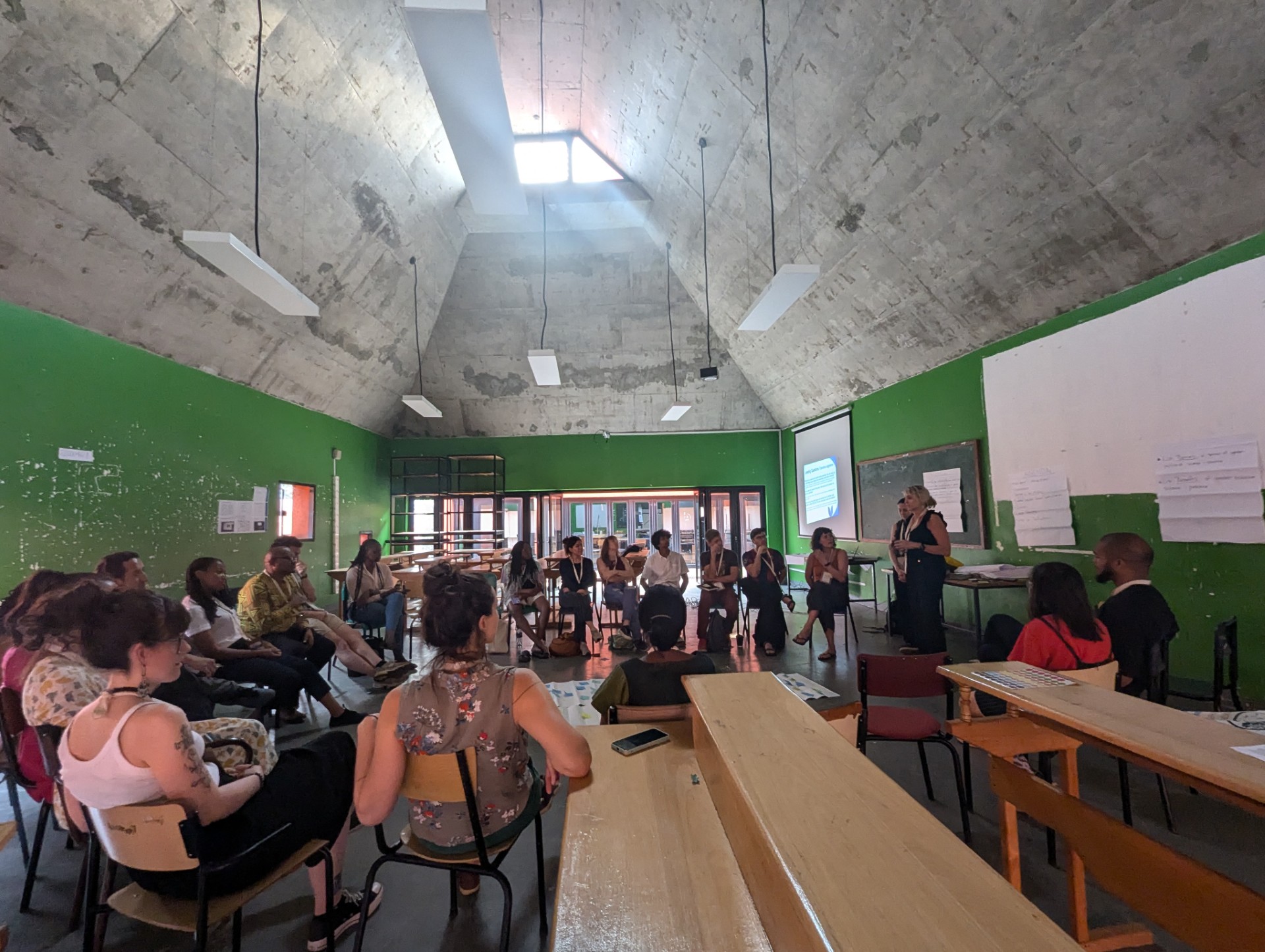Increasingly, scientists and academics are called upon to address the inequities of past approaches to international research and practice. University of Florida faculty and students are actively engaged in research across the globe, presenting the opportunity to embrace equitable and inclusive science. They are at the forefront of the mission to challenge “Helicopter Science,” a term used to describe non-inclusive, extractive research practices where researchers from higher-income countries conduct research in resource-poor settings with limited involvement of local communities or researchers. In tropical biology and conservation, a record of extractive approaches that fail to acknowledge local partners has sparked an outcry for addressing Helicopter Science practices. Extractive and non-inclusive research fails to recognize the knowledge and contributions of local people, perpetuating imbalances in global knowledge production. Additionally, there has been a historical tendency in conservation research toward selection or undercoverage bias, where entire groups within a community may be excluded from data collection. This can lead to biased findings and policies, ultimately disadvantaging specific populations and exacerbating existing inequities. For instance, excluding women from conservation research can undermine efforts and produce adverse outcomes, emphasizing the need for more inclusive, equitable research practices in conservation and beyond.

To address the need for promoting equitable and inclusive research practices in the field of tropical biology and conservation, UF graduate students Audrey Smith and Claudia Garnica Díaz and post-doctoral associate Dr. Leandra Merz organized and facilitated a workshop at the 60th meeting of the Association of Tropical Biology and Conservation (ATBC), focused on addressing gender imbalances in tropical biology and conservation. The workshop, titled “Towards Inclusive Conservation: Incorporating Gender into Research and Practice”, stemmed from previous workshops organized by Audrey and Claudia through the UFIC Just International Science group and drew from a Spring 2024 “Gender and Biodiversity” course designed and taught by Dr. Merz.
The 2-hour workshop brought together 22 participants from at least 16 different countries, including veteran scientists and less experienced students, to share practical considerations and strategies for integrating gender equity into conservation science and practice. Research conducted by graduate students generates a considerable portion of new knowledge that fuels tropical biology and conservation. These key early-career actors are well-positioned to pave new ways to conduct science that balances the needs of rigorous data collection with the wishes and (sometimes) demands of local partners. They are also keenly interested in doing equitable and fair science, but they are only sometimes explicitly taught how to do this. Gender equity is one such concern that has been receiving increasing attention within the field of conservation. There is growing awareness of how conservation research and practice has historically excluded women to the detriment of both conservation and women empowerment.

We sought to create a space where we could discuss the importance of incorporating a specific focus on gender in conservation as well as explore what that looks like for research and practice, and benefits could be openly discussed. Our guided discussion uncovered gender-related challenges and lessons learned from previous work in conservation. Then, we used carefully crafted case studies to apply some of the methods we learned for improving gender equity. Finally, we closed with a plenary brainstorming session about intentionally integrating gender into our conservation research and practice plans. The group was very engaged in the discussions and activities, which led to very productive conversations. Each participant was left with access to a shared Google Drive that included notes from the workshop and resources for guiding the continued integration of a gender-equity approach to conservation.


